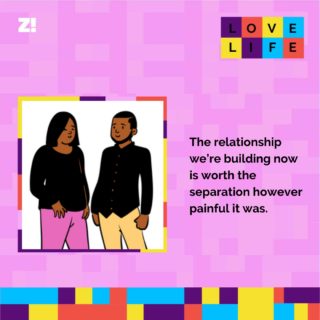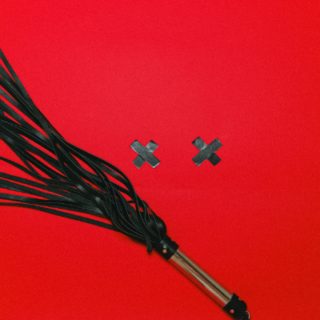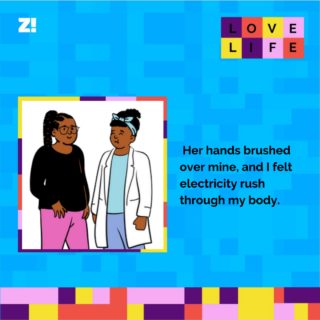The Elevator is a limited Zikoko series that details the growth of young successful Nigerian women. We tell their stories every Tuesday by 12 p.m.
What do you call a person with multiple successful careers? Adaora Mbelu! When she was a child, she wanted to become the United Nations secretary-general. At 15, Adaora represented Nigeria at the global young leader’s conference and everyone was convinced she was the next Ngozi Okonji Iweala. She continued on this path, but then she discovered she had multiple interests and could chase them all. Adaora is a 35-year-old multipotentialite, and in today’s episode of The Elevator, she talks about building a career with three branches: mission, profession and philanthropy.
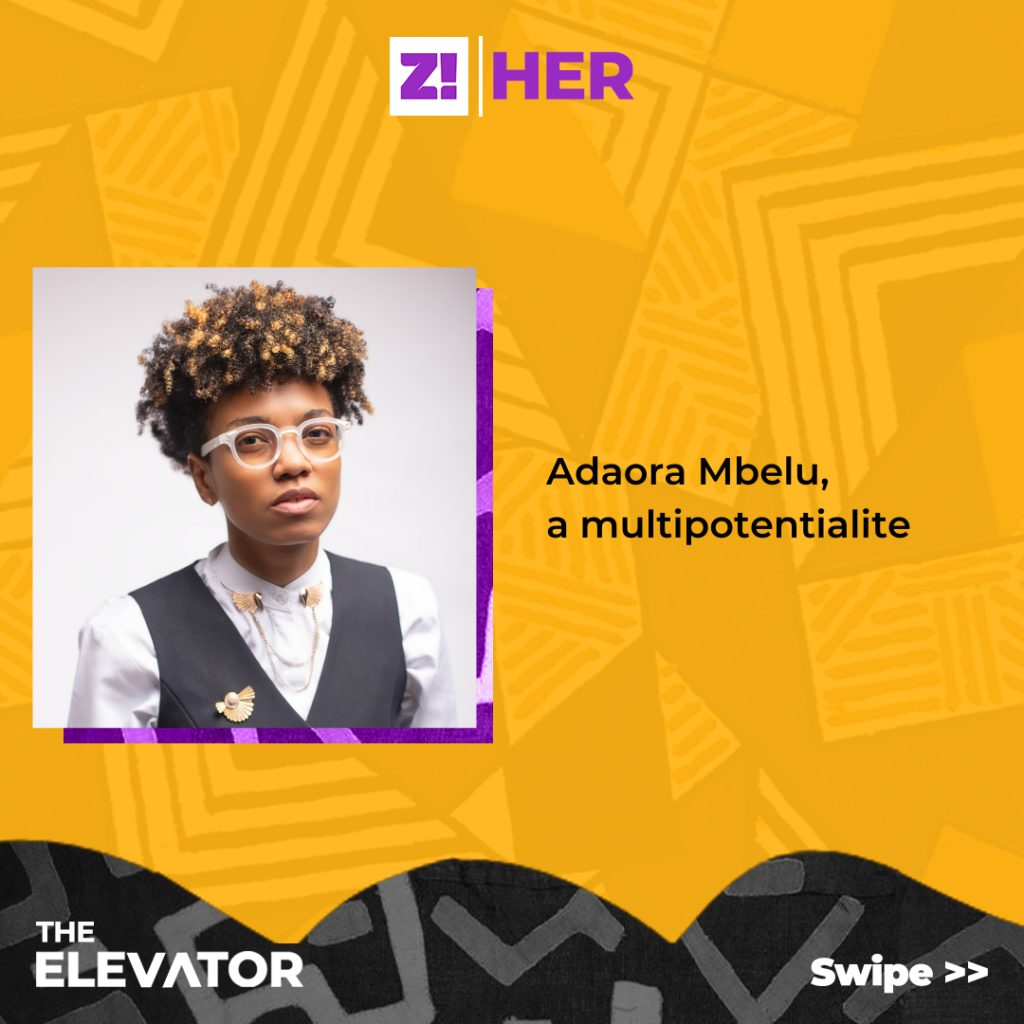
What did you want to be when you were a child?
The United Nations secretary-general. LOL.
Why so specific?
When I was seven, I had this textbook that had current affairs in it. The role of the United Nations secretary-general was defined in that book as being able to bring world peace. I wanted to be that person.
Did you make moves to become United Nations Secretary-General?
Yes, I wrote stories about how I was going to tackle societal issues — I wanted to stop drug abuse and child enslavement. LOL. My parents thought it was fascinating that I wanted to save the world and they encouraged my dreams by buying me more books to read.
In secondary school, my best subjects were government, literature, commerce, and economics. I was also great at writing and I loved to draw and sing. I was the kid at school who choreographed cultural dances and other entertainment activities.
I was a smart kid and everyone around me had faith in me. When I was 15, I represented Nigeria at the global young leaders’ conference in New York and Washington DC. Afterwards, I was invited to the conventional youth leadership in Vienna, Austria but I wasn’t available to attend. A lot of people used to tell me I was the next Ngozi Okonji Iweala.
When I was 17, I moved to America for school. Influenced by what my dad studied, I studied economics and entrepreneurship at North Kentucky University.
What was being in university like?
It was fun. I was a scholar but I was also a social butterfly. I had a lot of friends and I was also involved in school politics. I was the president of the African Student Association and Vice President of the International Student Union in 2005 to 2007. I was also the one who brought people together for social activities.
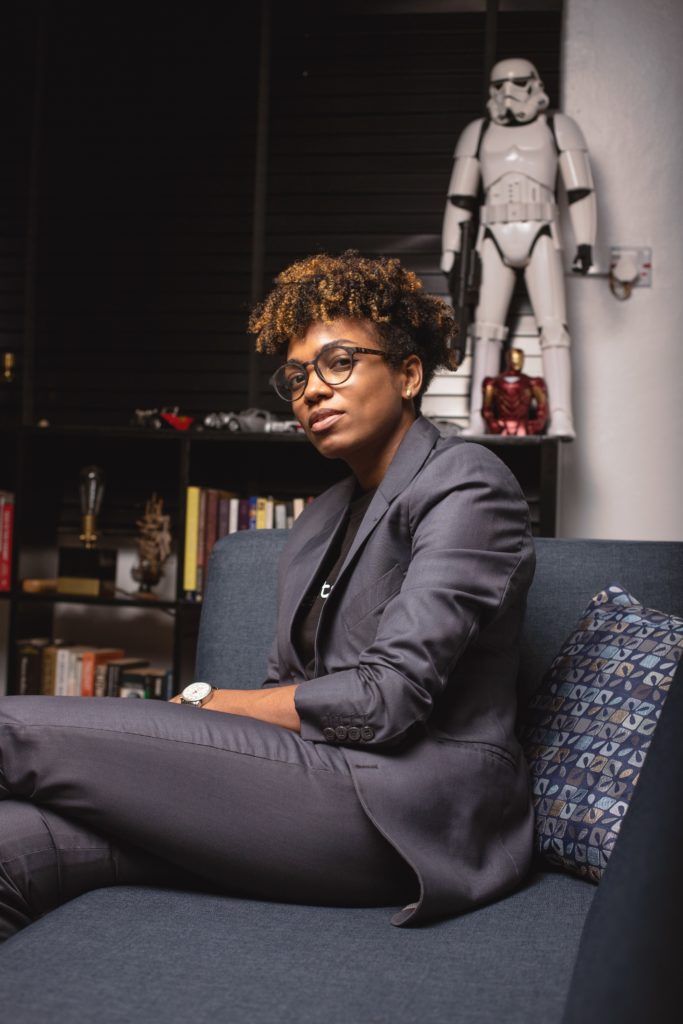
Sounds fun.
Yea. It was while I was interacting with all these people and organising events I realised that I liked to help people become better versions of themselves. I had a lot of friends that were musicians, artists and writers. I used to help them create the structures that allowed them to make money from their skills. I did this alongside school and politics until I graduated in 2008.
What happened after graduation?
I got a job at Citigroup as a credit analyst. I worked there for two and a half years before returning to Nigeria. My first job in Nigeria was at a virtual office service company where I worked for some months before I got a job at the Nigerian Idol show as an assistant project manager in 2013.
Amazing, what was that like?
It was great. I got to meet a lot of the people who are superstars right now. I learned a lot about the industry and I did so well at the job that when it was time for season two, the managing director offered me the position of project manager for Nigeria’s got Talent.
This was huge because I had no experience in TV production prior to working as an assistant. I was 24 by this time but he trusted me with the budgets, communicating with sponsors, production and all the other work that came with the job. I loved that I was allowed to create my own team and that gave me the chance to bring more young people on board.
How did that go?
It went well but I left after season one of Nigeria’s Got Talent to start an agency with my friend. It was a digital marketing company called The Innovation Factory. Our goal was to create digital identities for brands. This was 2015 — a lot of brands were not online at the time. My friend and I were going to supermarkets and other small businesses to pitch the idea of them getting on social media to spur their growth. It worked out and we got clients but I left the company because my co-founder and I decided to get on different paths.
What happened next?
I went back to TV production. I worked on the X factor as a digital content manager. I also worked on The Voice as an audition manager. I got to travel from one Nigerian city to the other auditioning people for the programme. It was a thrilling experience. During this time, I worked on several media projects as a freelancer, before starting an experiential and brand strategy agency.
After helping numerous brands and individuals find their voice, I realised what my work in my life is.
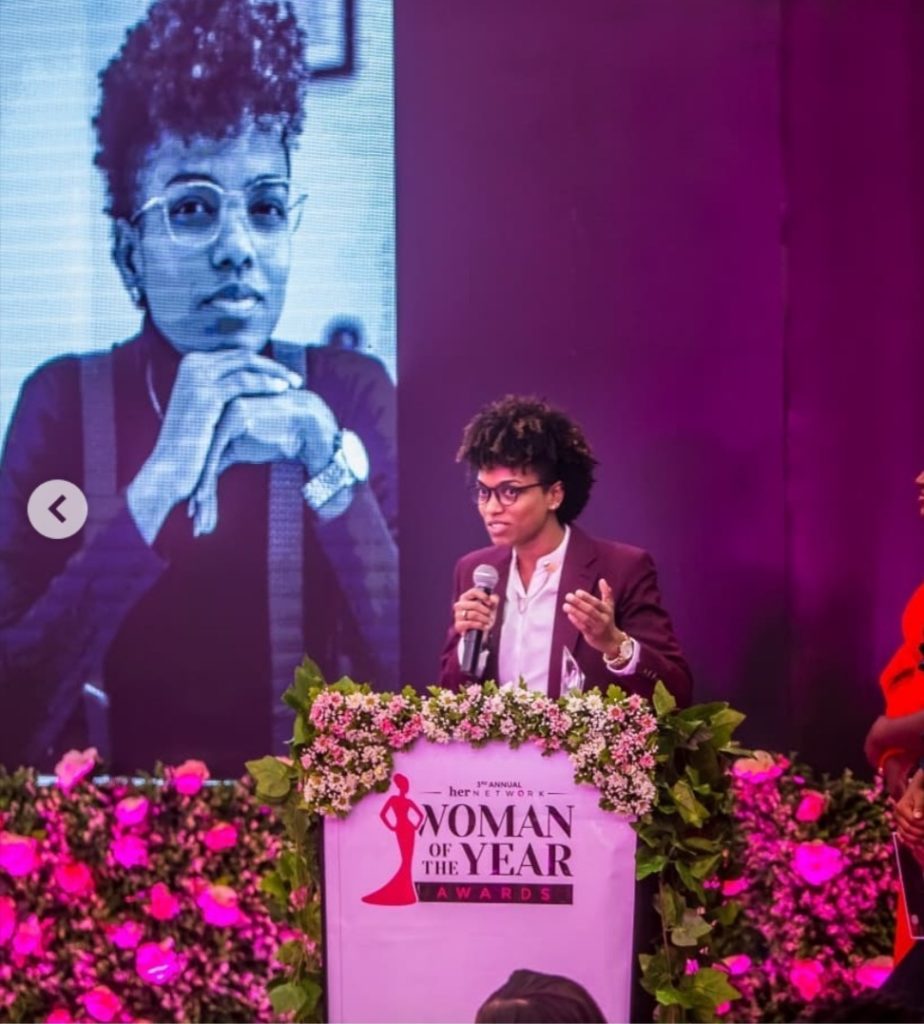
Tell me about it.
I describe myself as a multipotentialite, whose life is divided into three parts: mission, profession, and philanthropy.
On the mission side, I’m the co-founder of Lumination, an Afrocentric transformational learning company. We empower individuals and organisations to live a life of purpose and to embed this purpose throughout their work. We do this through corporate training.
As for the professional side, I work as a brand strategist, who works with corporate brands to create campaigns, events, ideas and platforms.
Finally, I run Socially Africa, a foundation that pays forward to society, through food drives and education amongst other things.
When I was able to put together this definition of my career, I found that my work became more fulfilling. It brought me a sense of joy knowing that I could help brands, people and organisations find their voices, own, and tell their stories. Each day I work towards growth and being on top of my game.
What does the top look like to you?
It’s being able to create opportunities for people. I want to be able to impact the lives of thousands of people positively. It also involves making a lot of money that allows me the freedom to be and do things as I want.
My ultimate goal is to be an angel investor that gives creative people money to run their projects. When I get there, that’s when I’d say I’ve reached the top of my career.
Nice, what’s your work routine like?
I don’t have a work routine per se. Currently, I work out of two offices. The first one is for an organisation where I lead the creative services team. I work out of their office twice a week.
On other days, I work out of my personal office or from home. Work happens differently on different days. Today, I’ve been on multiple phone calls because I’m working on briefs with clients outside of Nigeria. After those calls, I work at night to bring the brief to life.
I also work simultaneously on building my business, Lumination. We are currently running a program called Switch On Mentorship and I have to jump to multiple calls to make that program successful. Tonight, we have a session on health awareness and I’d have to be there. My life gets busy but it’s the path I chose and I’m happy with it.
Nice! I’m curious about how you deal with a creative block?
I do nothing. When I have a creative block, I know it’s my body trying to tell me that I need to quit and there’s no failure in quitting. Recently, I sent out a newsletter to my subscribers that I want to take a break from writing letters. This is because I reached a block — my mind is trying to tell me to do less and I am.
When I take a break from whatever I’m dealing with, I write down the things that are bothering me. It’s only when I unpack those things that I’m able to fight the creative block.
If you could change anything about the trajectory of your career path, would you?
Yes and no. Everything I’ve experienced brought me to where I am now but there are a few things I’d probably do differently. One of them is not to be afraid to state my value in monetary terms. If earlier in life, I wasn’t afraid to state my value, I’d have made much more money by now.
What would you say to a 15-year-old version of yourself?
I’d tell her to focus on internal growth and becoming the best version of herself. Doing is important, but who you are at your core is more important. Understanding this is what will allow her to excel in any industry.
Click here to read the previous Elevator story about Celebrity DJ Kiss.
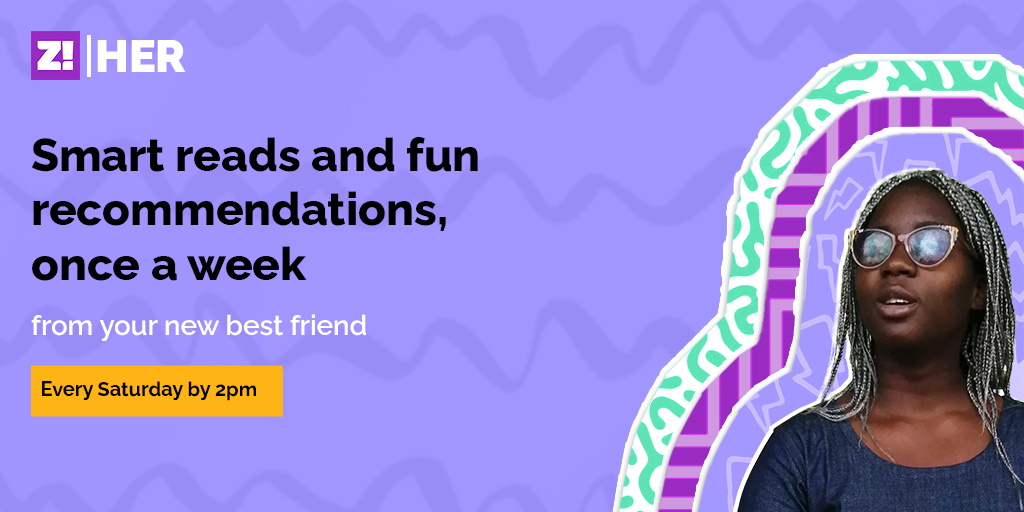
Subscribe here.


